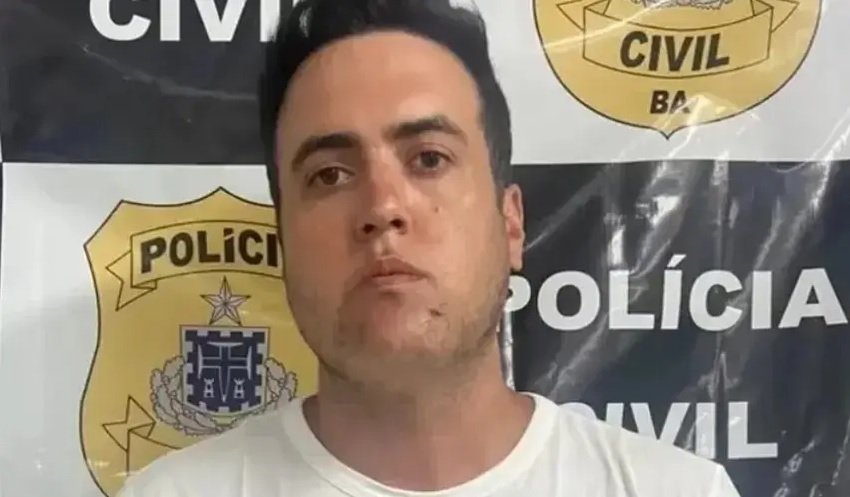The shooting of a businessman by hooded criminals armed with rifles in broad daylight in the arrivals area of the country’s largest airport at the end of last year revealed the involvement of at least 27 São Paulo police officers with the First Capital Command (PCC) and Red Command (CV). This is the conclusion of investigations carried out by the Civil Police, Federal Police (PF), Military Police (PM), and the Public Prosecutor’s Office (MP) into the Vinicius Gritzbach case.
This Content Is Only For Subscribers
To unlock this content, subscribe to INTERLIRA Reports.
Infiltration in Football
There are also suspicions that the criminal faction has infiltrated professional football. On 15 May, Gritzbach’s name returned to the headlines after an investigation revealed that part of the money from a Corinthians sponsorship contract ended up in a company linked to the PCC—an entity that had already been mentioned in his plea bargain testimony.
Who Was Gritzbach
Vinicius Gritzbach was a real estate businessman who became wealthy by laundering drug trafficking money from the PCC and CV through the purchase of properties and cryptocurrencies. In a plea bargain, he revealed the scheme and accused police officers of corruption. He was executed on November 8, 2024, in an ambush at São Paulo International Airport, in Guarulhos, part of the greater metropolitan area.
Homicide Solved
According to the Civil Police, the homicide has been solved: the murder was ordered by criminals linked to the PCC and CV and involved military police officers. Other officers who served as his private security are suspected of having relaxed protective measures, thereby aiding the criminal group. In addition to his cooperation with the authorities, the motive, according to the investigation, included retaliation for the execution of two PCC members, which he had ordered.
Federal Police Investigation
The Federal Police are investigating the corruption allegations made by Gritzbach against Civil Police officers. According to him, the officers extorted money and assets from him, from other criminals linked to the PCC and CV, and from downtown São Paulo merchants. The extorted funds were laundered through asset purchases. In one instance, Gritzbach claimed that police officers demanded more than R$40 million in exchange for not incriminating him as the mastermind behind the killings of two PCC members.
Links Between Military Police and Criminals
A Federal Police report refers to the actions of certain officers as forming a “symbiotic relationship” between public agents and organized crime. Prosecutor Lincoln Gakiya, from the MP’s Special Action Group to Combat Organized Crime (Gaeco), stated that the Gritzbach case confirms what multiple investigations and operations have already revealed: a deeply entrenched connection between public security agents and the PCC and CV. These criminal organizations rely not only on territorial control but also on the involvement of state agents, most commonly the police—who maintain direct contact. The role of these police officers was to protect the factions. According to Bruno Langeani, a public security expert at the Sou da Paz Institute, this is the most serious case involving police officers in São Paulo since the Favela Naval incident, when news footage broadcast by Jornal Nacional in 1997 showed PM officers assaulting residents in a Diadema favela.
Analysis:
The Gritzbach case reveals the scale and depth of institutional corruption within security forces. The direct involvement of military and civil police officers in both organized crime operations and the assassination of a key informant reflects a structural failure in oversight mechanisms and internal accountability. This convergence between state agents and criminal factions such as the PCC and CV poses a serious threat to the rule of law and the integrity of public institutions.
The fact that the murder took place at the country’s main international airport, in broad daylight, demonstrates the confidence and operational capability of criminal networks with access to privileged information.
Experts assess that this scenario confirms the increasingly close link between public security agents and organized crime, which they see as evidence of the state’s failure. In the case of the PCC, its operations have already taken on mafia-like characteristics.
Sources: G1 [1], [2], [3], [4]; CNN Brasil.




